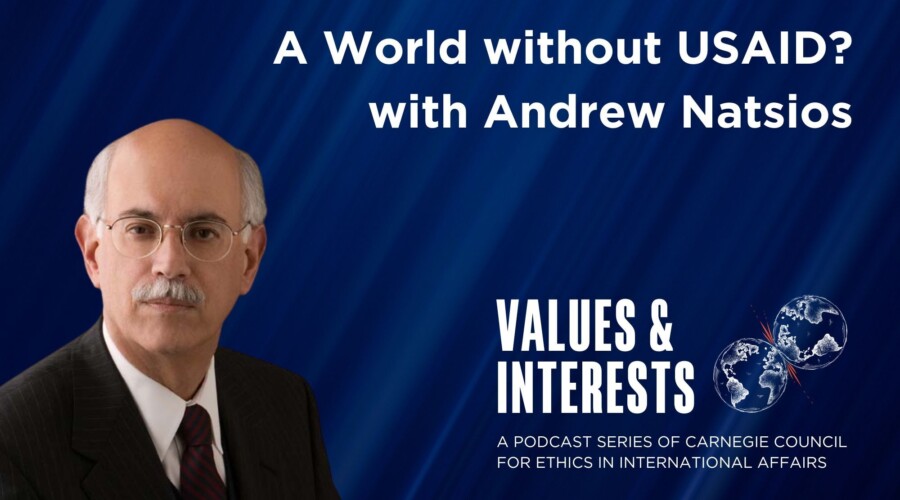The Bush Administration and the newly elected Democratic Congress are engaged in a tug of war over key aspects of U.S. trade policies related to labor rights. To some observers, the Democratic majority on Capitol Hill appears bent on promoting a protectionist approach to trade. They argue that when the Democrats insist on including enforceable core labor rights in trade agreements, the Democrats are simply pandering to their protectionist constituency (read labor unions).
But like all politics, the reality is more complex. The Democrats may be pandering, but they are also trying to anchor U.S. trade policies in internationally accepted human rights standards. These standards, delineated as core labor rights in the ILO Declaration, are standards that the U.S. and other members of the ILO agreed to put in place in 1998.
To human rights advocates, the Democratic strategy has another positive spillover. With this approach, the Democrats will promote respect for the rule of law and internationally accepted human rights. Congress has long been concerned about the current Administration's approach to international law. The Bush Administration has at times breached, at other times ignored, and sometimes undermined internationally accepted human rights standards—particularly those associated with labor rights.
Under the most recent legislation authorizing the president to negotiate new trade agreements, the Trade Promotion Authority Act of 2002, Congress required the executive branch to negotiate trade agreements that promote respect for internationally accepted workers rights. But Bush Administration officials narrowly interpreted these provisions to require U.S. trade partners to enforce their own labor laws, rather than insisting that America's free trade agreement partners revise their labor laws to meet internationally accepted labor standards.
Moreover, the Administration relied on the threat of a potential trade dispute to motivate these countries to make labor rights enforcement a priority. Finally, U.S. policymakers promised but rarely delivered on sufficient funding to help America's free trade partners enforce their labor laws and improve workplace conditions. In sum, the Bush Administration's approach to labor rights sent the message that it was not a priority.
In contrast, the new approach relies on the ILO's core labor standards as the authoritative and universal reference point. It tells our trade partners that the U.S. will adhere to the same standards that it asks its trading partners to provide and enforce. In so doing, the United States is acknowledging that it also has work to do to improve worker rights for many of its most vulnerable citizens. Moreover, reliance on the five core labor standards will make U.S. trade and labor rights policies consistent with the other major global proponent of linking trade and human rights, the EU. In its 15 bilaterals, the European Union requires its trade partners to adhere to and enforce the core labor standards of the ILO.
Finally, under the ILO Declaration adopted in 1998, all ILO members, even if they have not ratified the all of the ILO Conventions in question, "have an obligation arising from the very fact of membership in the Organization to respect, to promote and to realize" core labor rights. Those core rights are:
- freedom of association and the effective recognition of the right to collective bargaining;
- the elimination of all forms of forced or compulsory labor;
- the effective abolition of child labor; and
- the elimination of discrimination in respect of employment and occupation.
Although some members of Congress are widely expected to contest any such changes as undermining U.S. sovereignty, the United States has already accepted such obligations. A trade compromise may provide impetus to meet these longstanding commitments.
Since the founding fathers set pen to paper, Americans have struggled to expand trade and ensure that human rights are not undermined as workers produce goods and services. The United States has been a strong advocate of linking trade agreements and worker rights since the 19th century. But the United States will not be a credible advocate of labor rights unless it consistently refers to and applies international labor rights standards abroad as well as at home—after all, leadership abroad begins at home.
Susan Ariel Aaronson teaches at the George Washington University School of Business and is the author (with Jamie Zimmerman) of Trade Imbalance: The Struggle to Weigh Human Rights in Trade Policymaking,(Cambridge University Press, July 2007).



